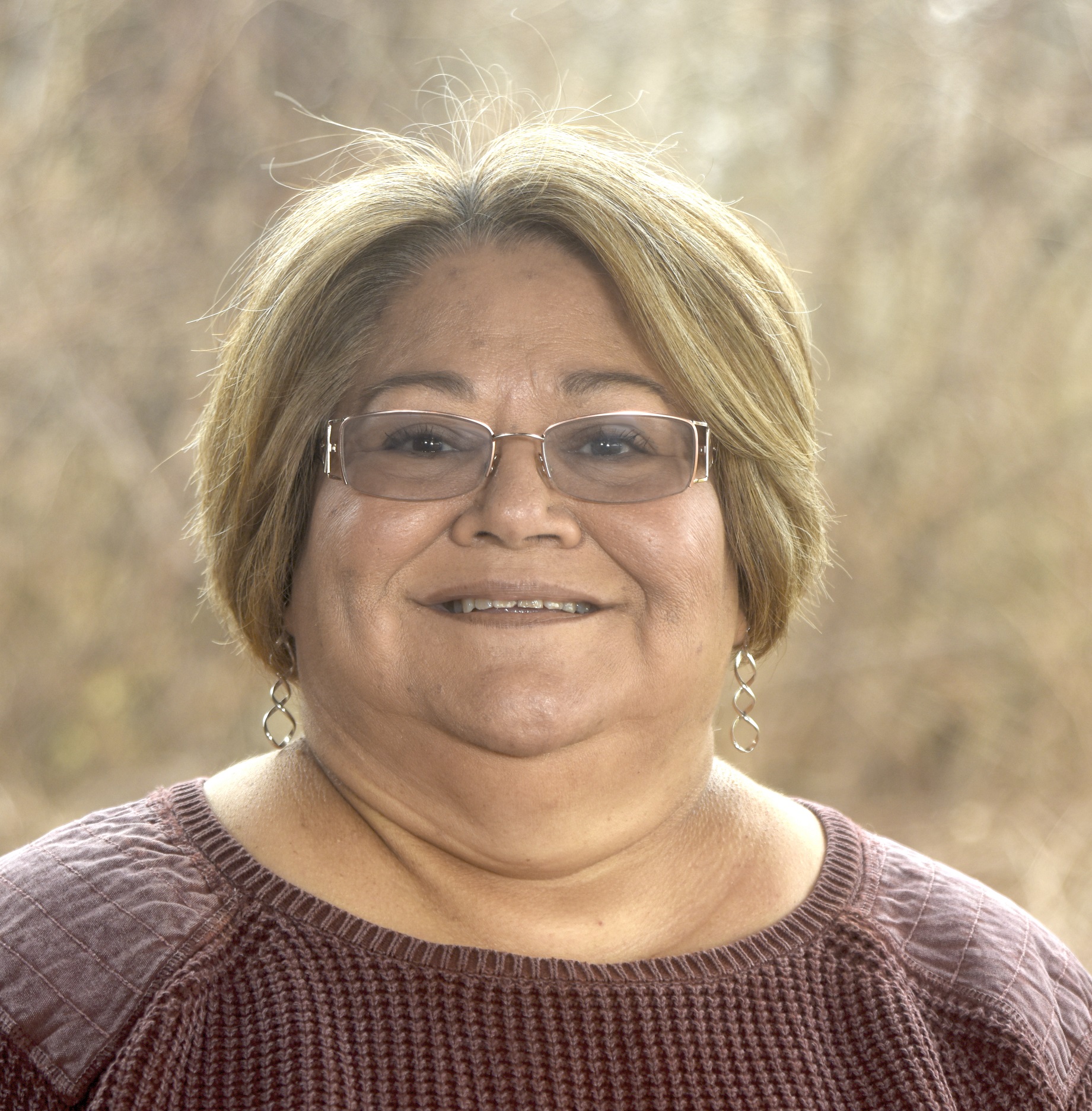Iris de León-Hartshorn is associate executive director for Operations for Mennonite Church USA.
Thus says the Lord:
We have heard a cry of panic,
of terror, and no peace.
Jeremiah 30:5 (NRSV)
This last week has been a very dark time for our country. Deaths are still rising due to COVID-19, deaths continue to increase of black men killed by those who are supposed to protect them. In Glen Guyton’s monthly chat on Facebook last week, he called for a Justice Fund to be created. The distribution of funds will go to congregations that are doing work to dismantling racism in their community. The work could include engaging with issues related to combating police violence and addressing poverty.
Racism is embedded in the majority of our institutional structures; therefore, there is much work to be done.
You might ask why set up a justice fund. There are three reasons:
- If the church is serious about working at dismantling racism, it must be intentional. Therefore, you need the resources to do the work.
- This fund is a way for us to practice mutual aid. Some of our congregations working on issues connected to dismantling racism are small congregations, which may not have the resources they need to more effective. This fund is a way to encourage and show support for the work throughout the church by our congregations.
- This fund can provide seed money for congregations starting to engage in this work within their community.
I want to encourage congregations to connect with their local communities so they can be a witness as a church rooted in peace. The church will have the opportunity to take direction from black and brown communities in addressing issues that most affect those communities. I have gotten some calls this week asking for counsel about ideas congregations are considering. The two most popular are book clubs and relationships with people of color. Neither one of these are bad ideas, but they have not proven useful for systemic change in the long run.
Here are some suggestions in how to improve book clubs and encourage relationships grounded in dismantling racism. If you are thinking about a book club, let me suggest that you add an action piece. After reading each chapter or two chapters, agree together on an action connected to what you just learned. Adding an action will help you practice what you have learned and start to change your behavior and worldview.
Teaming up with a person of color or with another congregation makes white people or congregations feel better, and it may increase intercultural understanding, but it does not change the day to day reality of people of color experiencing of racism. Frankly, most people of color are tired of “being the person of color friend.” If you want a real partnership that is grounded in pursuing fundamental change, join with existing organizations that are led by people of color working on issues around racism. Not only can you develop deep relationships, but you will be working on helping to dismantle racism, which will have a profound effect on the daily lives of people of color.
If your congregation is serious about working on community policing, please educate yourself and join a local organization working on this issue. This issue has so many layers from white supremacist group members joining the police force to the militarization of the police. Make sure you are part of a group that is asking for concrete changes that work at the ultimate goal of dismantling racism within the police department.
The final topic I want to speak to is protesting. Many Mennonites have been involved in the various protests throughout the U.S. this last week. One of the things I often hear is how they want to be a witness for peace and justice. During the civil rights movement, people of faith gathered together to practice nonviolent skills, hone into a specific message, and made visible their values related to nonviolence. I want to give a shout out to Cindy Lapp, pastor of Hyattsville Mennonite Church. When the protest was taking place in Charlottesville in August 2017, an ecumenical group of clergy stood together. They held their ground while taking in insults, shoving and threats from white supremacists. You could tell this group did their homework. They had a mission; they were united and held to their nonviolent commitment.
Black Lives Matter has been on the streets for six years at this point, and people who are just joining are encouraged to listen to local organizers, led by black, indigenous and people of color, who have already been strategizing and organizing.
My final word. Any justice work you engage in must be grounded in your faith. Jesus shows us what it means to seek justice and be peacemakers. Follow Jesus, know the journey is hard, but you are not alone.
Blessed are the peacemakers for they shall be called children of God. Matthew 5:9 (NRSV)
Donate to MC USA’s Justice Fund here.



